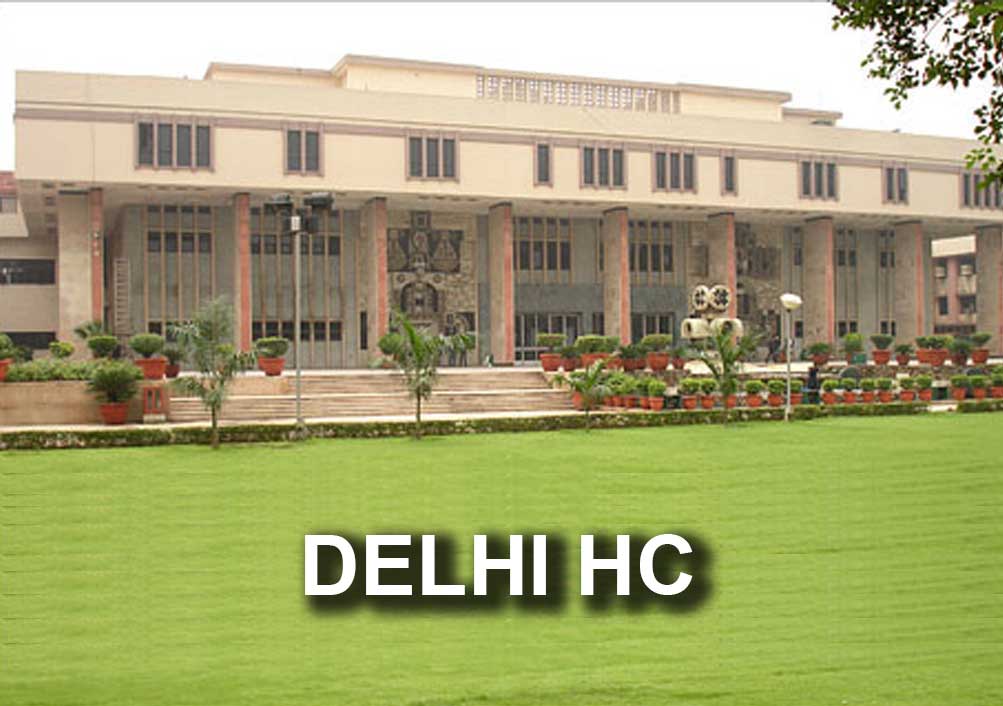In W.P. (C) 6673/2021 -DEL HC- Delhi High Court sets aside GST Commissioner's order, citing violation of natural justice; Imposes cost for improper conduct
Justice Vibhu Bakhru & Justice Amit Mahajan [24-07-2023]

Read Order: M/s Jupiter Exports V. Commissioner of GST
Chahat Varma
New Delhi, July 25, 2023: The Delhi High Court has recently ruled in favour of M/s Jupiter Exports (petitioner) and set aside the order passed by the Commissioner of GST under Section 74(9) of the Central Goods and Services Tax Act, 2017 (CGST Act). The Court held that the impugned order violated the provisions of Section 75(4) and Section 75(5) of the CGST Act and disregarded the principles of natural justice.
The present petition was filed, seeking to set aside the demand order issued by the Commissioner of GST. The demand order amounted to Rs. 6,67,74,062, which included tax of Rs. 2,88,90,416, interest of Rs. 89,93,230, and a penalty of Rs. 2,88,90,416 for the tax period of April 2018 to March 2019. The petitioner's primary contention was that the impugned order was passed in clear violation of the principles of natural justice, as they were not given an opportunity of personal hearing before the order was passed.
The division bench of Justice Vibhu Bakhru & Justice Amit Mahajan remarked that the applicability of principles of natural justice was not a straightjacket formula and the same were amenable to being moulded depending upon the facts and circumstances peculiar to each case. However, the bench stated that it was generally understood that a reasonable opportunity of being heard must be granted before making any order that could have adverse consequences on the parties involved. Providing a fair opportunity to present their case helps prevent arbitrariness and allegations of whimsical decision-making in the process.
“Thus, when the statute itself provides that a hearing is required to be given to the person against whom an adverse decision is contemplated, it cannot be contended on behalf of the authorities that the same is not mandatory,” said the division bench.
The bench further emphasized that telephonic conversations for a brief period cannot be considered a substitute for a personal hearing or be deemed as a hearing at all. The opportunity of hearing, which was a well-recognized principle of audi alteram partem, should not be treated as an empty formality. Section 75(3) and 75(4) of the CGST Act specifically require that an opportunity of hearing ‘shall’ be granted when a written request was received from the person liable for tax or penalty. The bench expressed surprise at the notion that a telephonic conversation and the visit of a representative of a party could be deemed equivalent to a proper personal hearing, especially when the law expressly requires a proper opportunity of hearing when a written request is received from the person liable for tax or penalty.
The bench also found the conduct of the Commissioner of GST to be highly improper, as the Commissioner of GST showed complete disregard for judicial time. As a consequence, the court imposed a cost of Rs. 5,000 on the Commissioner of GST for such unacceptable practices, causing harassment to the litigants.
In conclusion, the bench set aside the demand notice and remanded the matter, providing an opportunity to the Commissioner of GST to pass a fresh order, after affording the petitioner a due opportunity to be heard.
Sign up for our weekly newsletter to stay up to date on our product, events featured blog, special offer and all of the exciting things that take place here at Legitquest.




Add a Comment